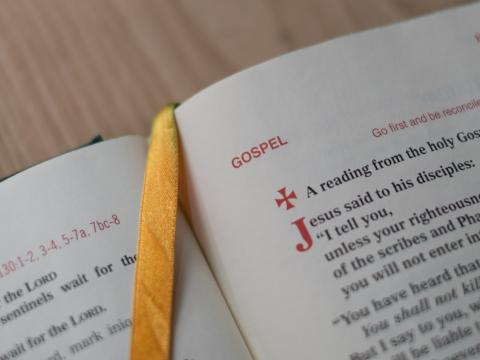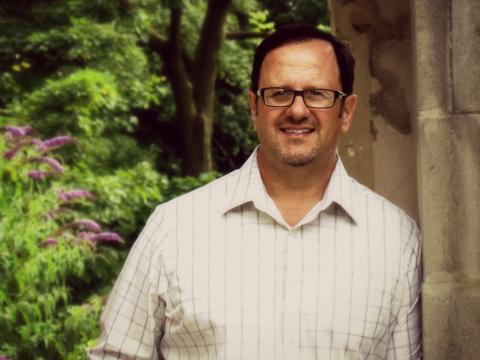On Returning to the New World
Europeans generally think of Americans as very religious. They see things like a public swearing-in with a hand on the Bible and read a lot into that—even as it is somewhat of a formality that may have no obvious religious significance for those taking an oath. “So help me God”—this is less a final declaration freighted with Christian significance than a necessary legal obligation.
Read more








